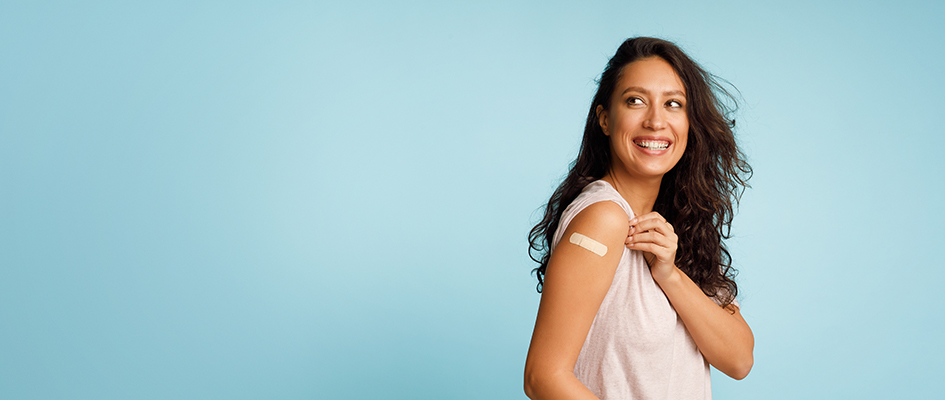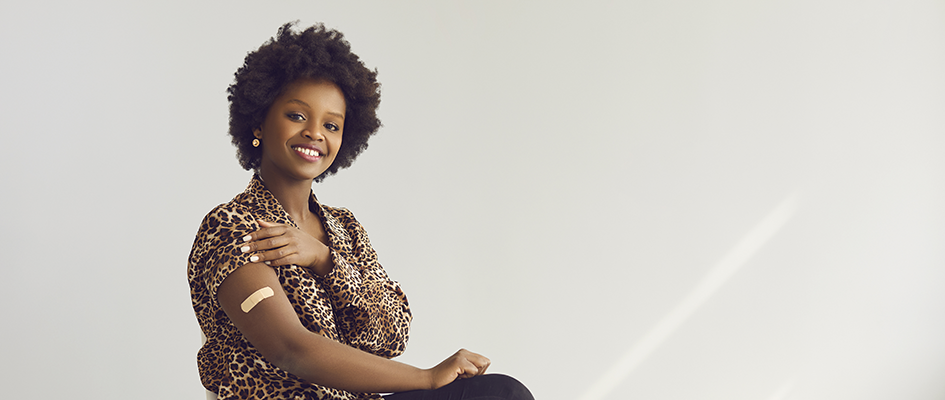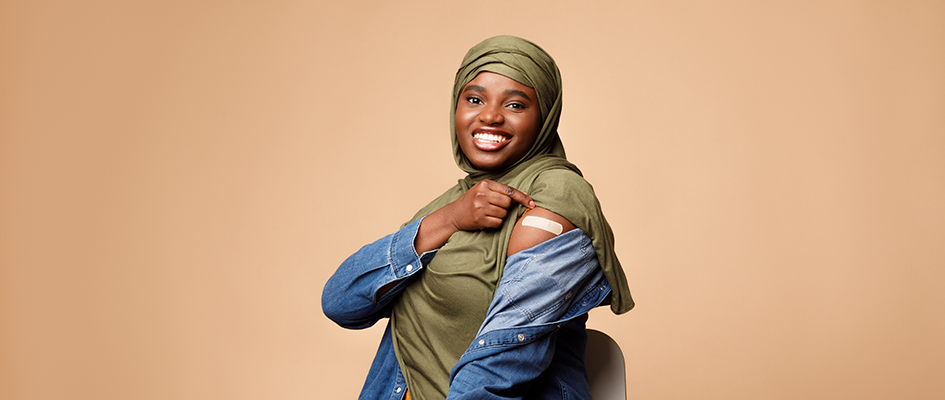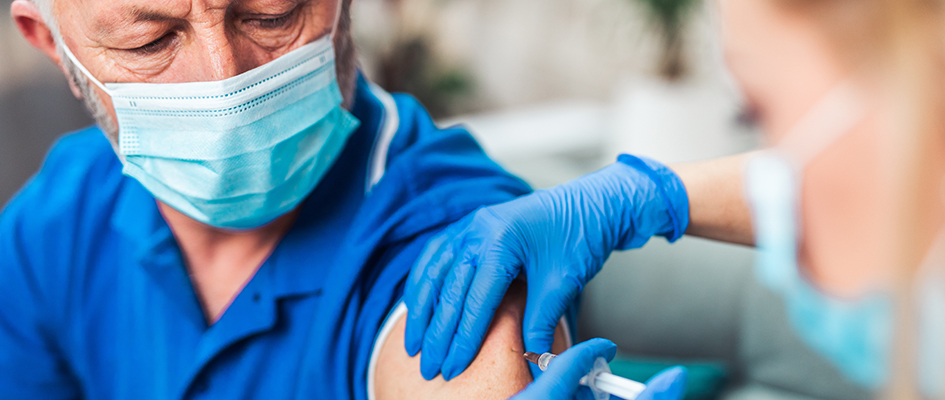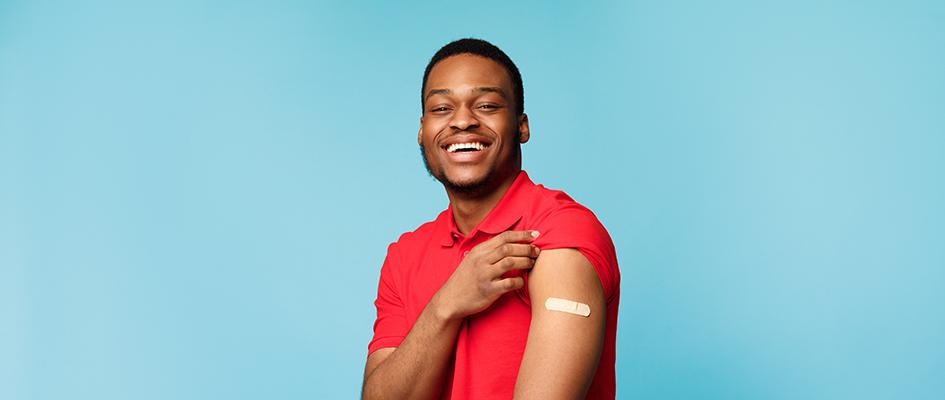About the COVID-19 Vaccine
The COVID-19 vaccine has shown that it greatly reduces the probability of severe COVID-19 disease and has reduced the number of hospitalizations due to the disease.
The COVID-19 vaccines are created from weak or inactive parts of the organism which causes COVID-19. This gives the body instructions to build immunity and triggers an immune response within the body.
The COVID-19 vaccine cannot cause the disease and it does not alter human cells. Rather, it teaches your immune system to recognise and fight infection.
Vaccination against COVID-19 will prevent the vaccinee from getting severe COVID-19 that may require hospitalisation.
Are the COVID-19 Vaccines Safe?
The COVID-19 vaccines undergo rigorous trials to ensure they are safe and effective. All vaccines go through a comprehensive approval process by medical regulators to ensure that they are safe.
Pharmaceutical companies hand over all laboratory studies and safety trials to validate that the vaccine does work. Any safety concerns are picked up by regulators when reviewing the data.
Vaccines are made to save lives not to oppress, bewitch, possess or indoctrinate people.
The Pfizer/BioNTech Vaccine
The Pfizer/BioNTech vaccine has been procured as one of the vaccines to be used in the South African COVID-19 Vaccination Programme. The COVID-19 vaccine developed by Pfizer/BioNTech is indicated for active immunisation to prevent COVID-19 caused by SARS-CoV-2 virus.
The Pfizer/BioNTech COVID-19 vaccine should be administered using the 42-day dosing interval between the first and second doses. Note: This recommendation may be amended should further data become available.
Pfizer-BioNTech clinical trials have shown the vaccine is:
- 95% preventative against those without prior infection
- 90% effective against contracting the disease after full vaccination
- The Pfizer-BioNTech is a two-dose vaccine
The Johnson & Johnson (J&J) (Janssen) Vaccine
The J&J Vaccine has been through a rigorous testing and trial process. The trials included tens of thousands of people, and some of these were high-risk individuals. The trials are intended to identify side effects and safety concerns.
The Johnson & Johnson (J&J) Vaccine has undergone trials with 43,783 people on 4 continents, including 6,576 in South Africa and the 501Y.V2 variant prevalent in the country.
J&J clinical trials have shown the vaccine is:
- 57% effective against contracting mild/moderate disease
- 85% effective against severe disease
- 100% effective against death
- The vaccine has improved effectiveness with time
- The J&J Vaccine is a one-dose vaccine


